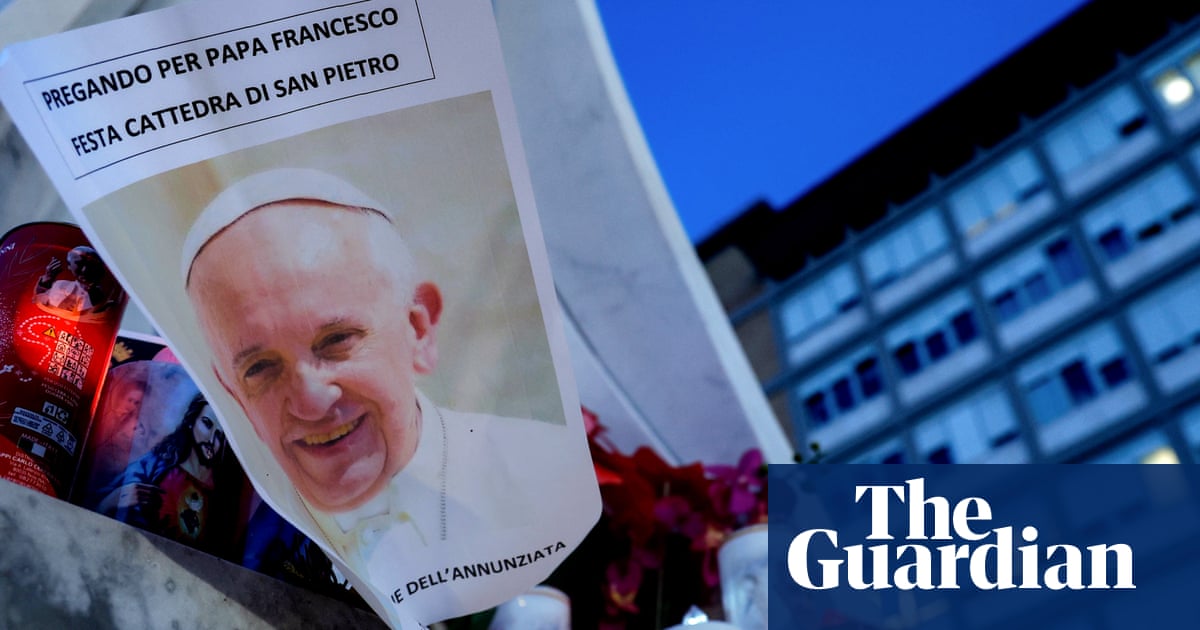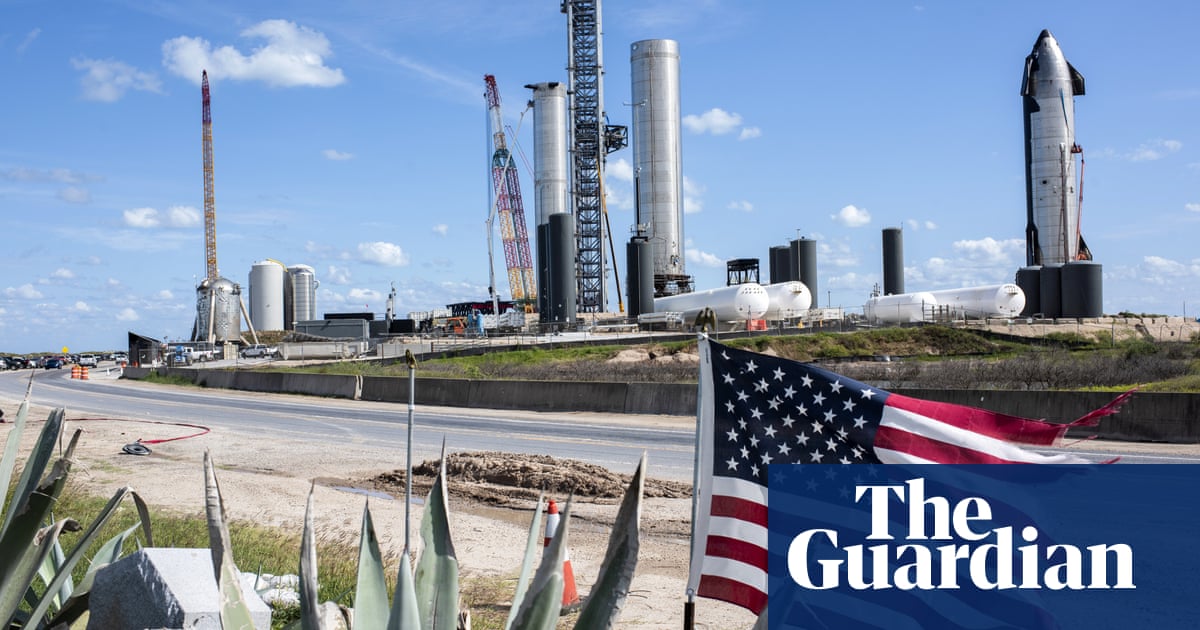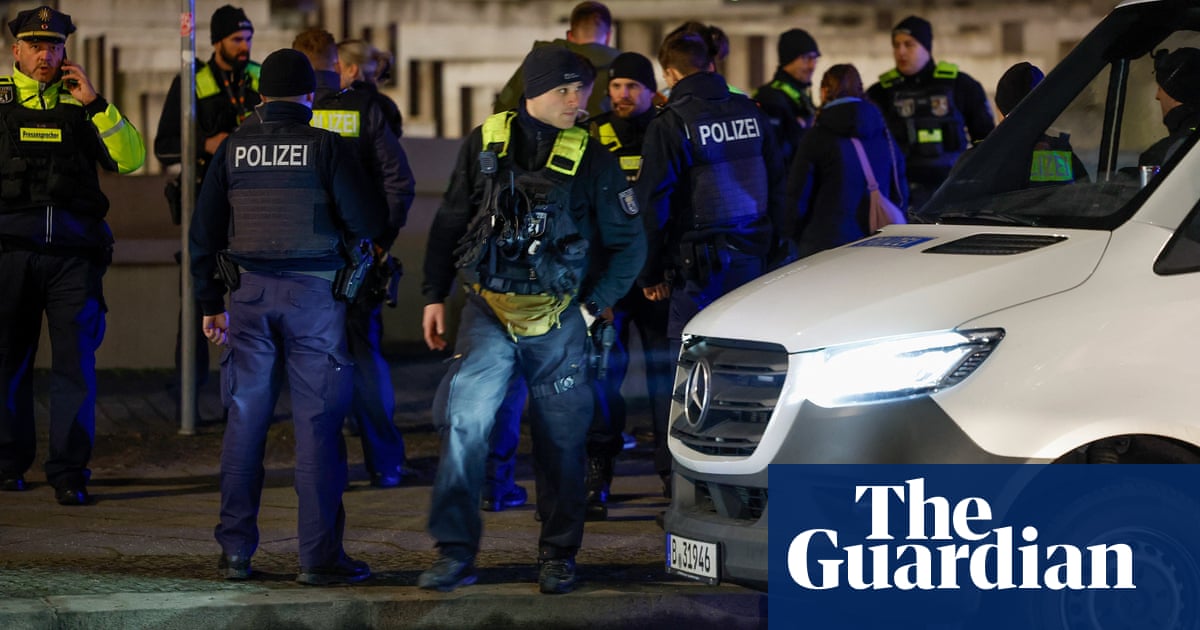Caribbean leaders have defended the region’s pursuit of slavery reparations, describing the compensation for centuries of enslavement and oppression as a matter of simple justice.
Speaking to the Guardian at the Caribbean Community (Caricom) heads of government meeting in Barbados, the Antigua and Barbuda prime minister, Gaston Browne, said Caribbean states were not seeking “a handout”.
“What we’re seeking here is a final resolution of this issue and a reset in the relationship between the Caribbean and Europe – one in which there’s an apology for the wrongs of their forebears, and at the same time, some form of restitution,” he said.
Between the 15th and the 19th century, more than 12.5 million Africans were kidnapped, forcibly transported to the Americas and sold into slavery.
Browne said: “Our forebears were treated as chattels, they worked for hundreds of years and were not paid. That created a debt, along with the fact that resources of the Caribbean and the profits of these resources were sent to Europe, to North America, to build their cities, their universities, to develop the technologies, to advance their economies, and they left the Caribbean region bereft of necessary institutions for development – not even have proper educational facilities or healthcare facilities.”
The issue of transatlantic slavery reparations dominated headlines in October when the British prime minister, Keir Starmer, resisted pressure from member states to include reparations on the agenda at the Commonwealth summit.
The move has triggered months of criticism and speculation about Britain’s engagement with Caribbean nations on the topic.
Browne’s sentiments were echoed by the St Vincent and the Grenadines prime minister, Ralph Gonsalves, who was a founding member of the Caribbean reparations movement.
“Reparations are about addressing the legacies of underdevelopment which have been caused by native genocide and the enslavement of African bodies. We are asking those who benefited from slavery – including the European countries – for some recompense, some reparation, some repairing,” he said.
Confirming reports that Caricom’s 10-point plan for reparatory justice was being updated, he said that the slavery reparations movement is making progress: “It’s [been] raised in the US Congress, in the European Union and the British parliament, and the archbishop of Canterbury has addressed it, families from the past have addressed it. People thought when it started it was some little fringe thing, but it is moving to centre stage.”
Exact reparations figures have not been agreed, the leaders said, but the focus now is on constructive collaboration on the issue, which they confirmed was raised during closed meetings on Thursday, which were also attended by the UN secretary general, António Guterres, and the European Commission president, Ursula von der Leyen,.
In his final address as Caricom chairman, the Grenadian prime minister, Dickon Mitchell, said: “Your excellency, Ursula von der Leyen, I don’t mean to be impolite, but I will say to you that the issue of reparations for the transatlantic slavery … is an issue that we will take up with you.”
He stressed that Caricom’s demand for reparations was not just about historical redress but about securing a commitment to justice that would prevent any form of human exploitation in the future.
“As long as we do not openly and explicitly reject the idea that one human being can own another human being, we run the risk that that idea may somehow take root again and be allowed to flourish,” he warned.
“And so, as descendants of people who fought for their freedom from chattel slavery, we owe it to ourselves and to future generations of humanity to ensure that the transatlantic slave trade and the enslavement of Africans in the Caribbean, Latin, Central, South and North America is accepted as a crime against humanity and that the appropriate apology and compensation is paid.”
Mitchell also cited the issue of chattel slavery as he advocated for continued support of Haiti, where rampant gang war has plunged the country into bloody anarchy.
“Make no mistake, Haiti symbolises the revolution that changed this part of the world,” Mitchell said. “Had it not been for Haiti, the idea that one human being could own another human being as chattel slavery and put him to work for their profit may very well still be persisting.
“And so we owe it to that island, all of us who are freed – the descendants of freed men and women who fought for their freedom – to ensure that we continue supporting and advocating for the partnership and the support to bring Haiti back from the brink.”
Article by:Source: Natricia Duncan and Colville Mounsey in Bridgetown













